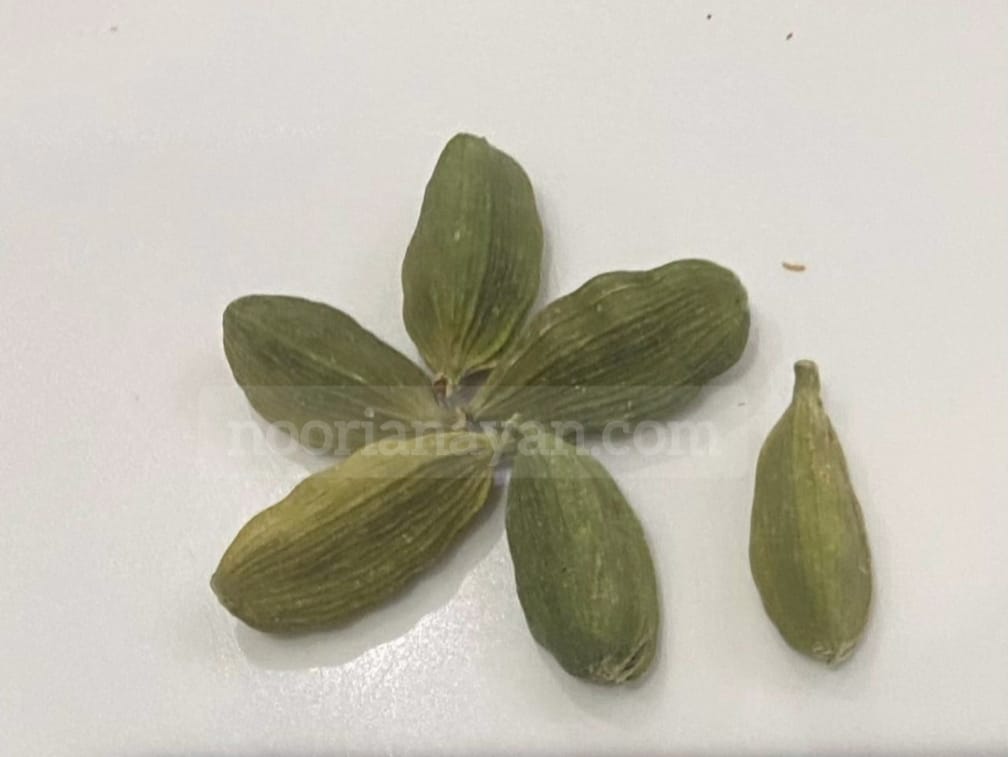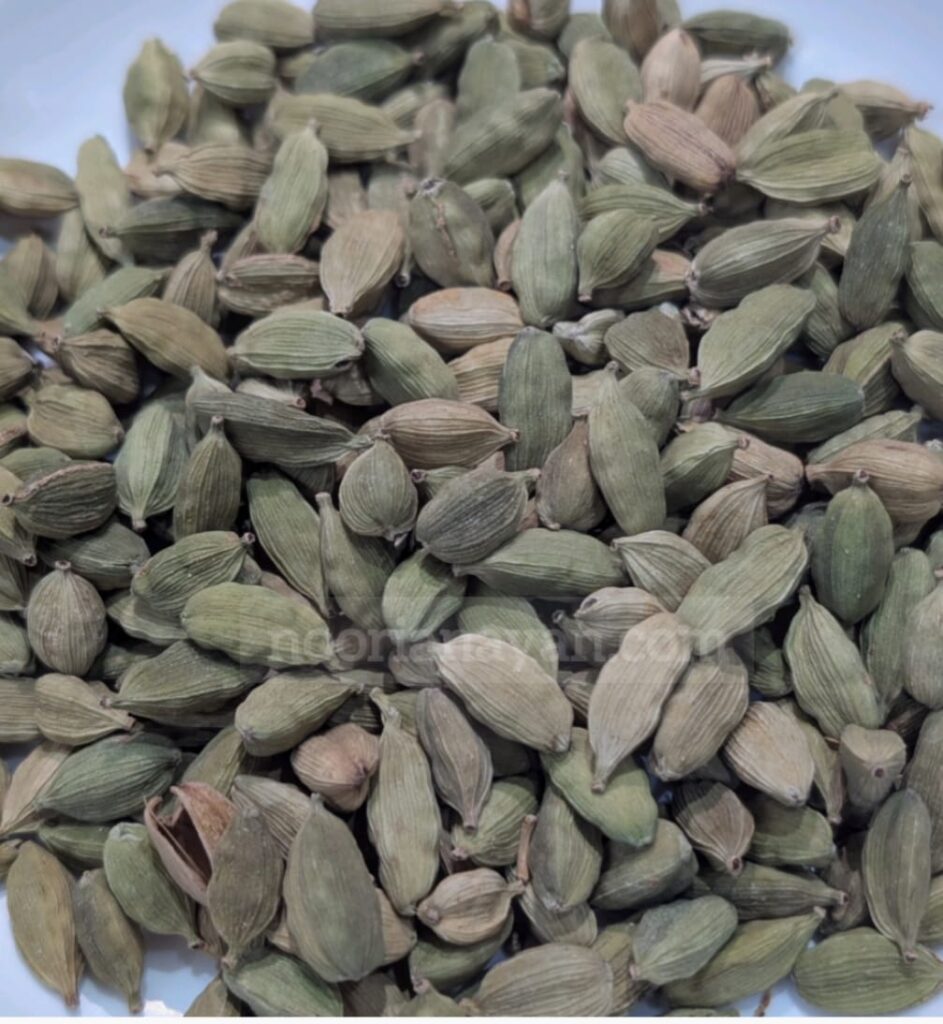
Cardamom, often called the “Queen of Spices,” is a fragrant and flavorful spice that has been valued for centuries in both cooking and traditional medicine. Beyond its delicious aroma and taste, cardamom holds remarkable health benefits, especially when it comes to improving mood and promoting relaxation. This small green pod, rich in essential oils, antioxidants, and other bioactive compounds, can have a surprisingly powerful impact on emotional and mental well-being. Understanding how cardamom helps manage mood swings and encourages relaxation offers a natural and holistic approach to emotional balance.
Understanding Mood Swings
Mood swings refer to rapid and intense fluctuations in emotional states. They can range from feelings of happiness and energy to sadness, anxiety, or irritability. Several factors contribute to mood swings, including stress, hormonal changes, poor diet, lack of sleep, and underlying mental health conditions. In today’s fast-paced world, these emotional ups and downs are becoming increasingly common. While medications and therapies play an essential role for some, many people are turning toward natural remedies such as herbs and spices to help stabilize their emotions. Cardamom is one such remedy, known not only for its culinary charm but also for its calming and mood-lifting qualities.
Natural Relaxation Through Aroma
One of the primary ways cardamom promotes relaxation is through its aroma. The essential oil of cardamom contains compounds like cineole, linalool, and limonene, which have soothing effects on the nervous system. When cardamom is used in aromatherapy or consumed in tea, its pleasant scent can reduce stress and anxiety. Inhaling cardamom essential oil has been found to relax the mind, calm nerves, and promote feelings of happiness and clarity. This makes it especially useful during emotional distress or after a long, tiring day.
Studies on aromatherapy have shown that inhaling natural scents like cardamom’s can lower levels of the stress hormone cortisol, thus reducing tension and anxiety. Many people use cardamom oil in diffusers, bath water, or massages to help ease mental fatigue and bring emotional balance. Its natural fragrance works gently on the mind, helping to replace feelings of restlessness with calmness and peace.
Balancing the Nervous System

Cardamom’s soothing properties are not just psychological—they also affect the physical body, particularly the nervous system. Its compounds help regulate the release of neurotransmitters, which are chemicals responsible for mood control. By promoting better nerve function and circulation, cardamom supports a stable emotional state. It also helps relieve nervous exhaustion and tension headaches, which often accompany stress and mood changes.
In Ayurvedic medicine, cardamom is considered a sattvic spice—one that promotes clarity, calmness, and spiritual awareness. It balances the body’s doshas (especially kapha and vata), which when out of harmony, can cause anxiety and mood disturbances. Consuming cardamom regularly in tea or food is believed to refresh the mind, open the heart, and improve overall emotional health.
Do You Know:First Aid for Paralytic Attack Patients: Natural Approaches for Immediate Care
Improving Digestion and Emotional Well-being
It might seem surprising, but digestive health is closely linked to mood. The gut and brain are connected through the gut-brain axis—a communication pathway that influences emotions, stress response, and cognitive function. Cardamom helps in digestion by reducing problems like bloating, gas, and upset stomach. It stimulates the secretion of digestive enzymes and improves nutrient absorption. A healthy gut can produce more serotonin—the “happy hormone”—which directly impacts mood stability and relaxation.
By easing digestive discomfort, cardamom indirectly contributes to emotional balance. People who consume cardamom tea after meals often report not only feeling lighter but also calmer and more relaxed. Its carminative (gas-reducing) and anti-inflammatory properties make it an excellent remedy for both physical and emotional harmony.
Antioxidant and Detoxifying Effects
Cardamom is rich in antioxidants, which fight oxidative stress—a condition that damages cells and contributes to fatigue, anxiety, and depression. The detoxifying nature of cardamom helps cleanse the body of toxins and improve overall energy flow. When the body functions efficiently and free of toxin buildup, the mind becomes clearer and more stable. This holistic cleansing effect supports a relaxed and positive state of being.
May You Like Shop: Jetboil Genesis Basecamp Backpacking and Camping Stove Cooking System with Camping Cookware
Cardamom Tea for Calmness
One of the easiest ways to experience the relaxation benefits of cardamom is through cardamom tea. Simply crush a few pods and boil them in water or milk. Drinking this warm, aromatic beverage can help soothe the mind and relieve emotional stress. When combined with other calming herbs like chamomile or cinnamon, the effects are even more powerful. Regularly enjoying cardamom tea before bedtime can promote restful sleep and reduce nighttime anxiety.
Emotional and Spiritual Healing
In addition to its physical benefits, cardamom has long been used in spiritual and emotional healing. Its energy is believed to open the heart chakra, helping people release suppressed emotions and experience love and compassion. In many cultures, cardamom is considered a mood-enhancing spice that fosters positivity, mindfulness, and emotional connection.
Conclusion
Cardamom is much more than a culinary spice—it is a natural healer for both the body and mind. Its aroma soothes the senses, its bioactive compounds calm the nervous system, and its digestive benefits enhance emotional well-being. Regular use of cardamom in food, tea, or aromatherapy can help stabilize mood swings, ease tension, and promote a deep sense of relaxation. In a world where stress and emotional imbalance are common, cardamom offers a gentle yet effective path to calmness and happiness—proving that nature truly holds the key to emotional wellness.